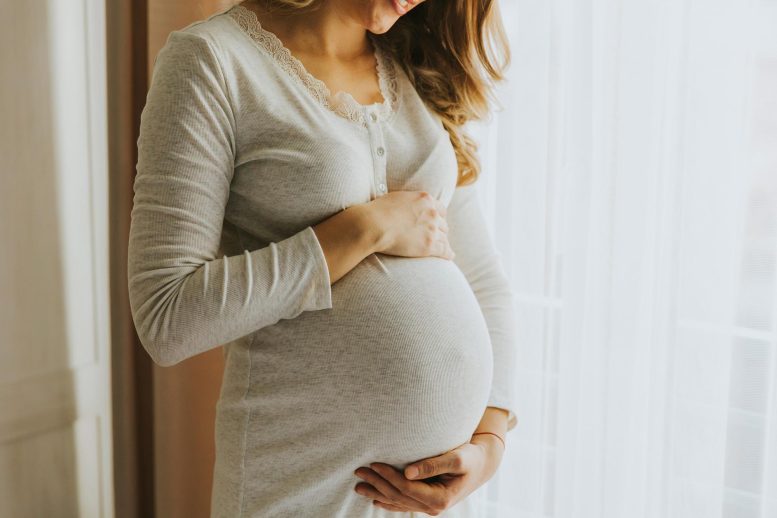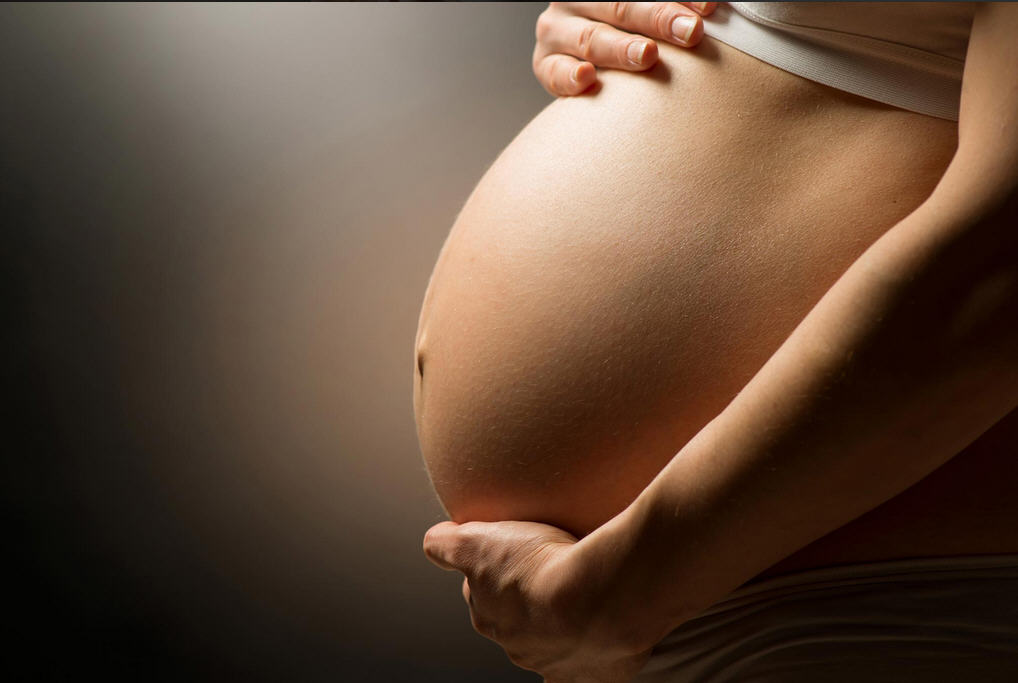博文
新研究:怀孕期间吃鱼可降低20%患自闭症的风险  精选
精选
||
新研究:怀孕期间吃鱼可降低20%患自闭症的风险
诸平

向准妈妈推荐“环境对儿童健康结果的影响”研究组(Environmental influences on Child Health Outcomes简称ECHO)2024年9月4日提供的消息,新研究显示:怀孕期间吃鱼可降低20%患自闭症的风险(New Study: Eating Fish During Pregnancy Lowers Autism Risk by 20%)。
在怀孕期间食用鱼类可以将儿童患自闭症的风险降低约20%,并减少与自闭症相关的行为,这突出了提高对鱼类的认识和摄入的必要性,不像ω-3补充剂那样没有明显的好处。
根据美国国立卫生研究院环境对儿童健康结果的影响(ECHO)项目{Environmental influences on Child Health Outcomes (ECHO) Program at the National Institutes of Health}资助的一项新研究,在怀孕期间食用任何数量的鱼与自闭症谱系障碍(autism spectrum disorder简称ASD)诊断风险降低约20%有关,特别是在女性中,同时也适度减少了儿童的自闭症相关特征。相关研究结果于2024年7月1日已经在《美国临床营养学杂志》(The American Journal of Clinical Nutrition)网站在线发表——Kristen Lyall, Matt Westlake, Rashelle J Musci, Kennedy Gachigi, Emily S Barrett, Theresa M Bastain, Nicole R Bush, Claudia Buss, Carlos A Camargo Jr, Lisa A Croen, Dana Dabelea, Anne L Dunlop, Amy J Elliott, Assiamira Ferrara, Akhgar Ghassabian, James E Gern, Marion E Hare, Irva Hertz-Picciotto, Alison E Hipwell, Christine W Hockett, Margaret R Karagas, Claudia Lugo-Candelas, Thomas G O'Connor, Rebecca J Schmidt, Joseph B Stanford, Jennifer K Straughen, Coral L Shuster, Robert O Wright, Rosalind J Wright, Qi Zhao, Emily Oken; program collaborators for Environmental influences on Child Health Outcomes; ECHO Components; Coordinating Center; Data Analysis Center; Person-Reported Outcomes Core; ECHO Awardees and Cohorts.Association of maternal fish consumption and ω-3 supplement use during pregnancy with child autism-related outcomes: results from a cohort consortium analysis. The American Journal of Clinical Nutrition, 2024, 120(3): 583-592. DOI: 10.1016/j.ajcnut.2024.06.013. Epub 1 July 2024. https://pubmed.ncbi.nlm.nih.gov/38960320/
然而,研究人员并没有发现含有ω-3脂肪酸的补充剂有同样的关联。鱼是ω-3脂肪酸的重要来源,是孕期支持孕妇健康和儿童神经发育的必需营养素。最近对ECHO队列数据(ECHO Cohort data)的分析显示,约25%的怀孕参与者报告在怀孕期间从不吃鱼或每月吃鱼少于一次。更少的参与者报告服用ω-3鱼油补充剂。
ECHO队列(ECHO Cohort)研究人员希望了解怀孕期间低鱼摄入量和ω-3补充剂的使用是否与自闭症诊断或父母报告的自闭症相关特征的发生有关。
“我们的研究提供了越来越多的证据,证明产前饮食可以在后代的自闭症相关结果中发挥作用,”ECHO队列研究人员、哈佛医学院(Harvard Medical School)医学博士艾米丽·奥肯(Emily Oken)说。
艾米丽·奥肯博士说,考虑到美国的鱼类摄入量较低,以及自闭症的诊断不断上升,研究结果强调,有必要就孕妇食用鱼类的指导方针提供更好的公共卫生信息。
研究过程中发生了什么?
研究人员分析了大约4000名参与者的数据,研究了鱼类摄入量、补充剂使用与自闭症相关的神经发育结果之间的关系。
根据参与者报告的饮食信息,测量了鱼的摄入量和ω-3补充剂的使用情况。参与者的鱼类消费分为每月少于一次,每月多于一次但少于一周,每周和每周两次或两次以上。大约20%的成年参与者报告不吃鱼,大多数人报告不使用ω-3或鱼油补充剂。
研究人员随后研究了母亲在怀孕期间摄入鱼类和补充ω-3鱼油与临床诊断的自闭症和父母报告的自闭症相关特征之间的关系。这些特征是通过社会反应量表(Social Responsiveness Scale简称SRS)来测量的,这是一项由父母或照顾者完成的广泛使用的调查。SRS得分越高,表明自闭症相关行为越多。
与不吃鱼相比,怀孕期间吃鱼与后代被诊断为自闭症的可能性较低有关,并且SRS总分略有下降。这些结果在所有水平的鱼类消费中都是一致的,从任何数量或每周少于一次到每周两次以上。与不使用ω-3鱼油补充剂相比,没有发现ω-3鱼油补充剂与自闭症诊断之间的显著联系。
专家建议(Experts recommend)人们在怀孕期间摄入额外的ω-3脂肪酸。产前鱼类摄入是ω-3脂肪酸的主要来源,对胎儿大脑发育至关重要。然而,在美国,鱼类和ω-3脂肪酸的补充量很低。
艾米丽·奥肯博士说:“这项研究为怀孕期间经常食用鱼类的安全性和益处提供了更多的证据。其他已证实的益处包括降低早产风险和改善认知发展。”
上述介绍,仅供参考。欲了解更多信息,敬请注意浏览原文或者相关报道。
Pregnancy Diet Matters: How What You Eat Impacts Your Child’s Neurodevelopment
Background: Prenatal fish intake is a key source of omega-3 (ω-3) polyunsaturated fatty acids needed for brain development, yet intake is generally low, and studies addressing associations with autism spectrum disorder (ASD) and related traits are lacking.
Objective: This study aimed to examine associations of prenatal fish intake and ω-3 supplement use with both autism diagnosis and broader autism-related traits.
Methods: Participants were drawn from 32 cohorts in the Environmental influences on Child Health Outcomes Cohort Consortium. Children were born between 1999 and 2019 and part of ongoing follow-up with data available for analysis by August 2022. Exposures included self-reported maternal fish intake and ω-3/fish oil supplement use during pregnancy. Outcome measures included parent report of clinician-diagnosed ASD and parent-reported autism-related traits measured by the Social Responsiveness Scale (SRS)-second edition (n = 3939 and v3609 for fish intake analyses, respectively; n = 4537 and n = 3925 for supplement intake analyses, respectively).
Results: In adjusted regression models, relative to no fish intake, fish intake during pregnancy was associated with reduced odds of autism diagnosis (odds ratio: 0.84; 95% confidence interval [CI]: 0.77, 0.92), and a modest reduction in raw total SRS scores (β: -1.69; 95% CI: -3.3, -0.08). Estimates were similar across categories of fish consumption from "any" or "less than once per week" to "more than twice per week." For ω-3 supplement use, relative to no use, no significant associations with autism diagnosis were identified, whereas a modest relation with SRS score was suggested (β: 1.98; 95% CI: 0.33, 3.64).
Conclusions: These results extend previous work by suggesting that prenatal fish intake, but not ω-3 supplement use, may be associated with lower likelihood of both autism diagnosis and related traits. Given the low-fish intake in the United States general population and the rising autism prevalence, these findings suggest the need for better public health messaging regarding guidelines on fish intake for pregnant individuals.
https://blog.sciencenet.cn/blog-212210-1449806.html
上一篇:量子光学的突破
下一篇:边缘的原子
